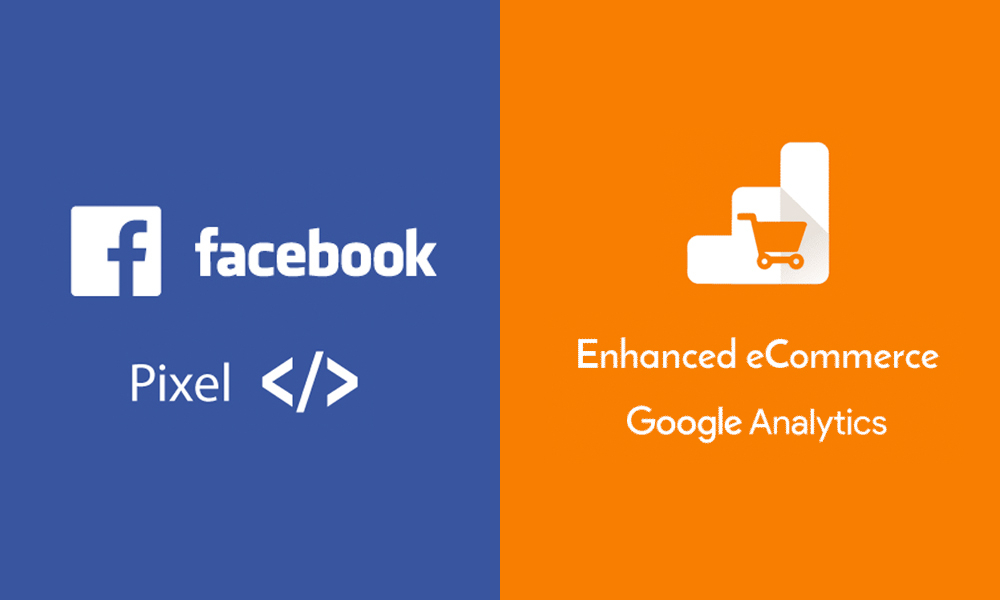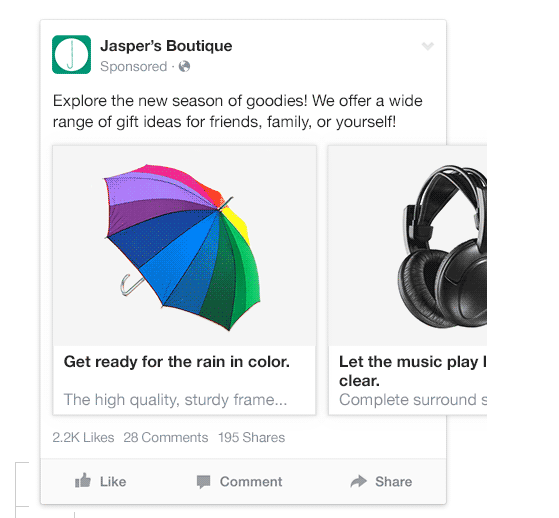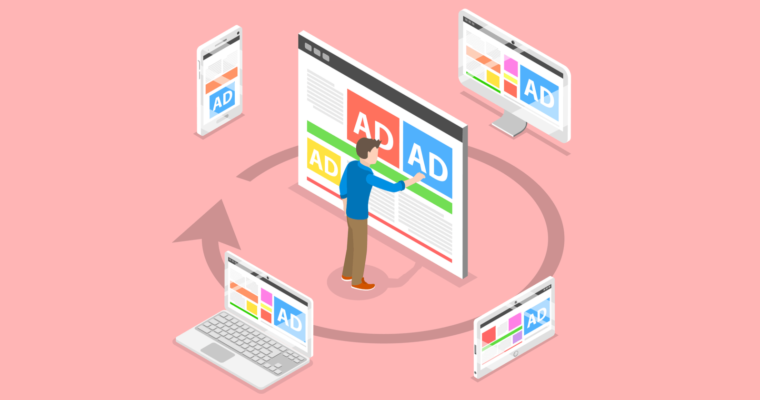Google Analytics & Facebook Pixel, what are they?
Jeremy Tristan • 2022-06-15
If you don't have either of these on your website, you're missing out.. like seriously. Let's go through the importance of both of these tools and why you're potentially harming your website by not having at least one of them.
We've progressed so far in terms of technological advancement.
Back in the good old days, a marketing campaign would consist of a yellow page ad, billboard, tv commercials, cold calls, you get my drift.
There's absolutely nothing wrong with those forms of outreach, except.. you have no way of tracking consumer behaviors.
Gone are the days of "guesstimation".
Whether you're running a website or a marketing campaign, you'd expect to see some detailed analytics, like how much time a user spends on a certain webpage, or which links a person clicks. Why is this so important?
Let's first start by answering the question..
What exactly is Google Analytics and what's a Facebook Pixel?
Google Analytics
Let me quote Google verbatim.
Google Analytics is a web analytics service that provides statistics and basic analytical tools for search engine optimization (SEO) and marketing purposes.
Google Analytics is basically a snippet of code (gtag.js, aka Global Site Tag) that you inject into your website. The script then sends the events tracked back to Google, where you can view a detailed breakdown in the Google Analytics account manager.
The script can track data such as the number of users at any given time, bounce rates, average session durations, sessions by channel, page views, goal completions, and more.
Facebook Pixel
Let me quote verbatim, again. (I promise I'm not lazy)
A piece of code for your website that lets you measure, optimise and build audiences for your advertising campaigns.
The Facebook Pixel is also a snippet of javascript code that you inject into your website. It relies on Facebook cookies, which basically matches your website visitors to their respective Facebook accounts.
By default, the Pixel will track URLs visited, domains visited, and the devices your visitors use. In addition, you can use the Pixel's library of functions to track conversions, define custom audiences, and set up dynamic ad campaigns.
What are the differences?
The Facebook Pixel tracks users primarily from an active advertising campaign, while Google tracks all users from your website, from all sources of traffic, perpetually.
Let's say you're running a Facebook Ad campaign for an E-commerce store.
You have a call-to-action link pointing to your website/landing page.
source: https://aaronzakowski.com/wp-content/uploads/2015/04/Multi-Product-Ad.png
Without the Facebook pixel, you would have no idea how many people clicked on that link, how many users added your item to cart, or how much money you've made through that specific campaign.
Without the basis of that information, it would be nearly impossible to reverse engineer what you did wrong, what you did right, etc.
As for Google Analytics, you NEED it on your site. I can't stress this enough. There will come a time when you'll eventually sell your website, and when that time comes, you're going to have to present all sorts of data to your buyers.
Let me conclude this article with a little personal anecdote.
Closing thoughts
I made the mistake of not having a tracking snippet on my previous start-up, The FITZ App. When it came the time to get acquired, my prospective buyers on Flippa were asking me for my Google Analytics data to measure the revenue on my website for the previous year.
I did not have the data.
But we still got acquired anyways. (I know you were expecting a fail-type situation)
Still, the lesson to be learned here is to ALWAYS have an event tracking snippet on your website.
Til next time, happy marketing!
More Posts
Godspeed
2740 West Arlington Boulevard, Greenville NC, 27834
Call Us: +1 (252)-327-0552
Email Us: hello@godspeedcreatives.com
2022 Godspeed Creatives. All rights reserved.
Made in Typedream





